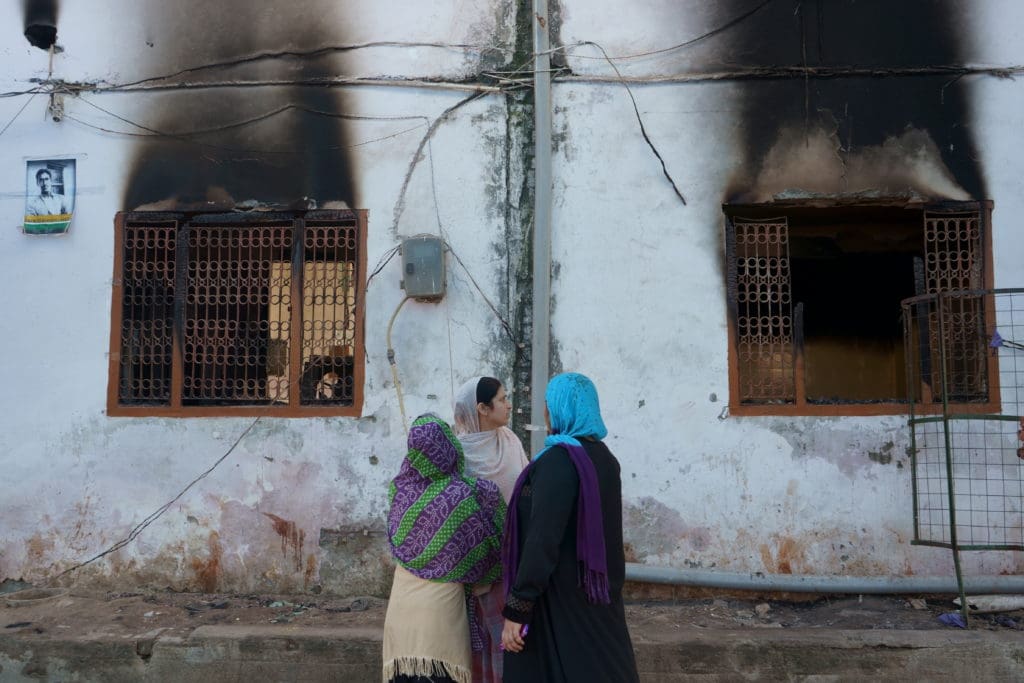The erosion of democratic norms didn’t begin with Narendra Modi.
By Ashoka Mody
Last October, Indian authorities revived legal proceedings against the novelist and activist Arundhati Roy. In a case first registered against her in 2010, Roy stood accused of “provocative speech” that aroused “enmity between different groups” for having said that Kashmir was not an “integral” part of India. The charge carries a maximum sentence of seven years and kept her from traveling to Germany to deliver the opening address at the 2023 Munich Literature Festival.
The assault on expression, and on virtually every other mainstay of democracy, has become commonplace under Prime Minister Narendra Modi’s government, and it is the backdrop against which Indians have begun voting to elect their next Parliament and prime minister. Of the nearly 1 billion eligible voters, perhaps more than 600 million will cast their votes over a six-week-long process. Modi, who heads the Bharatiya Janata Party (BJP), is widely expected to win a third term as prime minister in his bitter contest against a motley alliance of opposition parties, the Indian National Development Inclusive Alliance (INDIA).
This story was originally published in theatlantic.com. Read the full story here.





